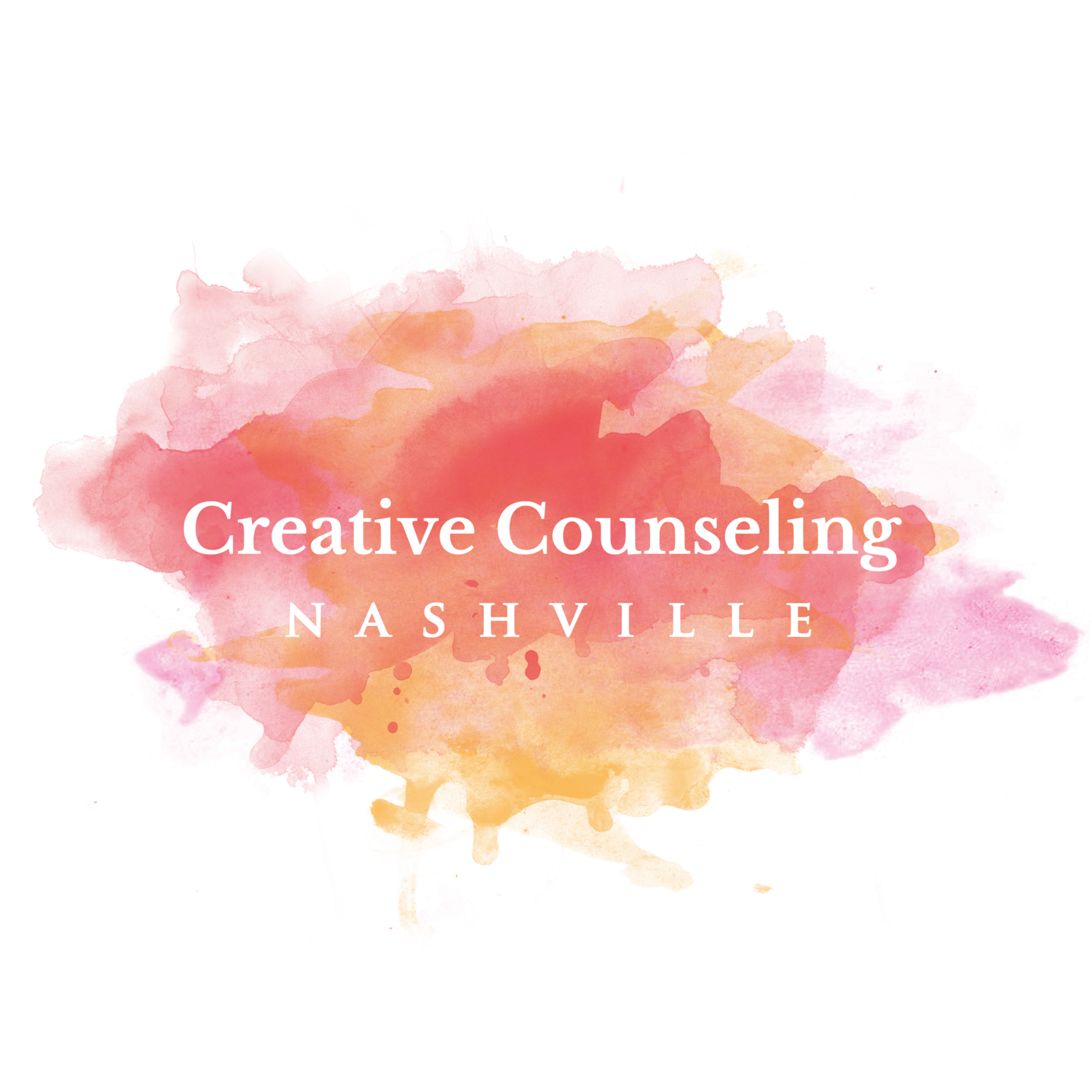Your Custom Text Here
What Do We Mean by “Trauma”?
Creative counseling therapist(s) are trained in trauma treatment modalities including EMDR, Brainspotting, and Somatic Experiencing to support healing from traumas of all types.
Little “t” and Big “T”
Gone are the days of the word “trauma” only applying to the experiences of war veterans or violent crime victims (“big T Traumas”). So much has been learned about the neurophysiology of trauma and how it can be a result of more subtle or repeated life experiences (“little t traumas”). Challenging relationships, strict ideologies or social groups, persistent scary or unpredictable childhood experiences, or absence of important supports can all lead to traumatic processes in the brain and body. Whether you have experienced “big T” or “little t” trauma, the same systems in the brain and body are involved.
Many clients come in feeling depressed or anxious and start to uncover traumatic patterns underpinning their symptoms. Creative Counseling is a trauma-informed practice and we can help you understand how trauma may be playing a role in your current struggles.
Relational
Humans are operating with the same nervous systems we’ve had for millions of years. Our bodies are always paying attention to signs that indicate our relative safety and, just like millions of years ago, we need to belong to a safe social group in order to feel safe. We need to feel safe with our families, in our daily lives, feel secure that we have our next meal coming and will sleep safely at night. We also need to feel seen, accepted, and emotionally safe to be who we are, as we are.
Because of the nature of our nervous systems relationships with others play an important role, whether obvious or subtle, in shaping our sense of the world and our place in it.
Relationship With Yourself
Experiencing trauma impacts the way we see and relate to ourselves. When we have experienced trauma, we respond internally by developing certain beliefs or truths about ourselves and what to expect from the world to help us stay safe, cared for, or approved of. This is an adaptive response, meaning it helps us at the time, but often becomes maladaptive over time, meaning it becomes limiting as we progress through life and can be a factor in developing depression, anxiety, or other challenges. How we speak to and see ourselves has a huge impact on how we feel every day.



